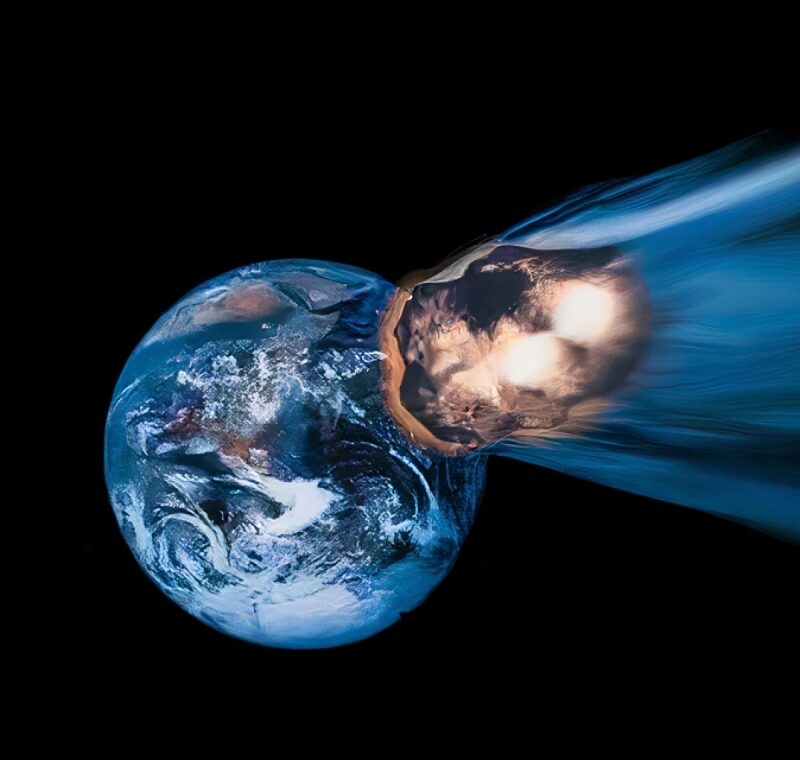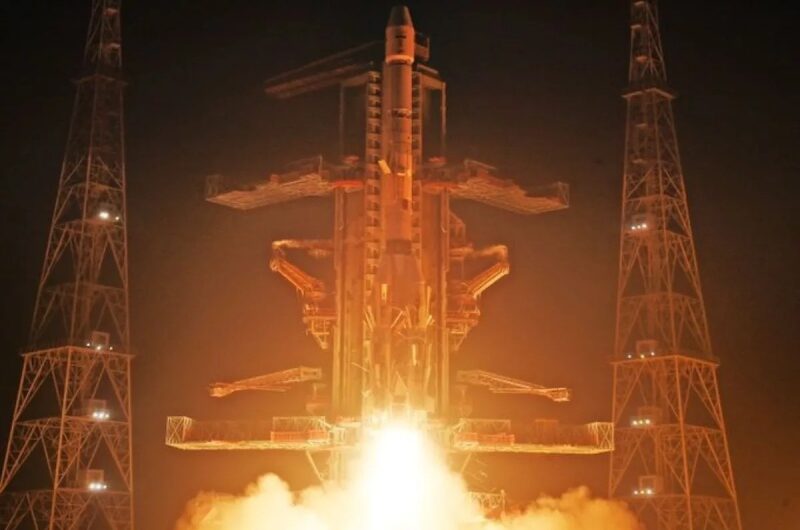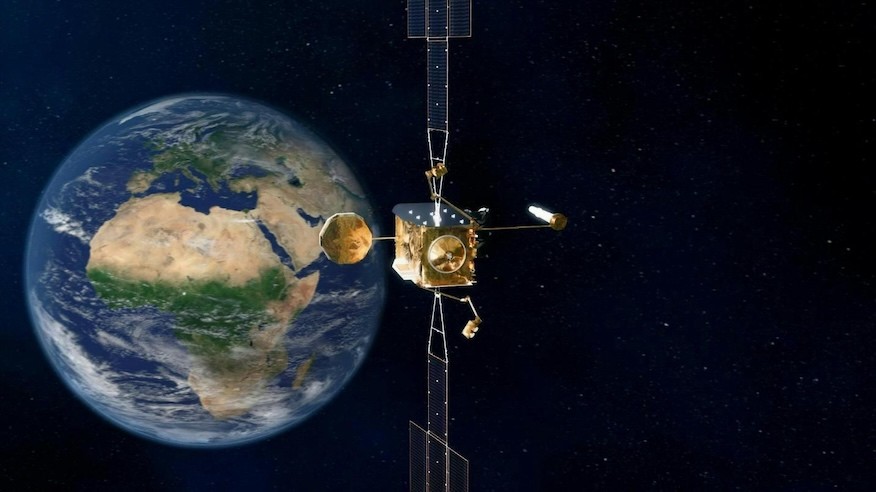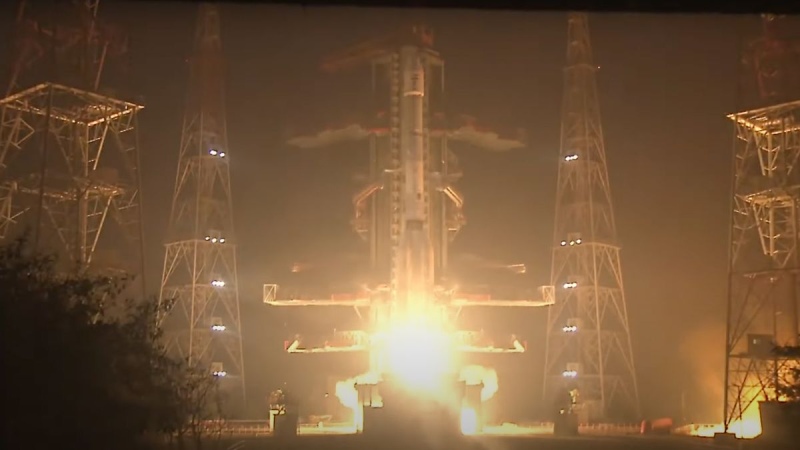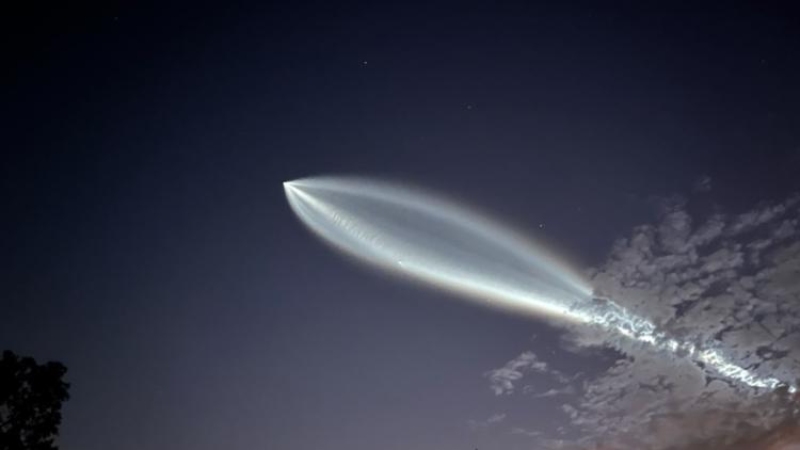February has seen numerous asteroid approaches, just like earlier months. Despite the fact that there was no asteroid that passed Earth yesterday, NASA predicts that two asteroids will be very close to Earth today, February 28. The Atacama Large Millimeter/submillimeter Array (ALMA), Pans-STARRS1, the NEOWISE telescope, and the Catalina Sky Survey are examples of cutting-edge technological marvels that helped track the asteroids. According to additional information released by the US Space Agency, even though the asteroid will approach Earth, a collision is not anticipated. Learn all about this near-miss with 2024 CE7 asteroid.
Details of the close approach of asteroid 2024 CE7:
Based on NASA data, the asteroid is known as Asteroid 2024 CE7 by the Center for Near-Earth Object Studies (CNEOS). Today, it will travel at a distance of about 5.2 million kilometers across Earth. It is moving faster than a space shuttle in its orbit, according to the US Space Agency, at a speed of 69645 kilometers per hour! Asteroid 2024 CC7 is the other asteroidal that is currently passing the earth. This one is the other one.
This space rock is a member of the Apollo group of Near-Earth Asteroids, a class of space rocks that cross the Earth and have semi-major axes that are bigger than the Earth’s. These asteroids bear the name of the enormous Apollo asteroid (1862), which was found in the 1930s by German astronomer Karl Reinmuth.
Additional information:
Additionally, NASA has disclosed that this will be the asteroid 2024 CE7’s first-ever near encounter to Earth. It has never crossed Earth before. It is not expected that this Apollo group asteroid will pass by the globe again in the near future after today.
Is it harmful?
NASA claims that because of its small size, this asteroid poses no threat to Earth. Asteroid 2024 CE7 has a width of 120 feet, making it the size of an airplane. Asteroids larger than 492 feet, however, and those that travel closer to Earth than 7.5 million kilometers are categorized as “Potentially Hazardous Objects.”
Topics #Asteroid #Earth #galaxy #ISRO #NASA #news #Space #Space Agency #universe
